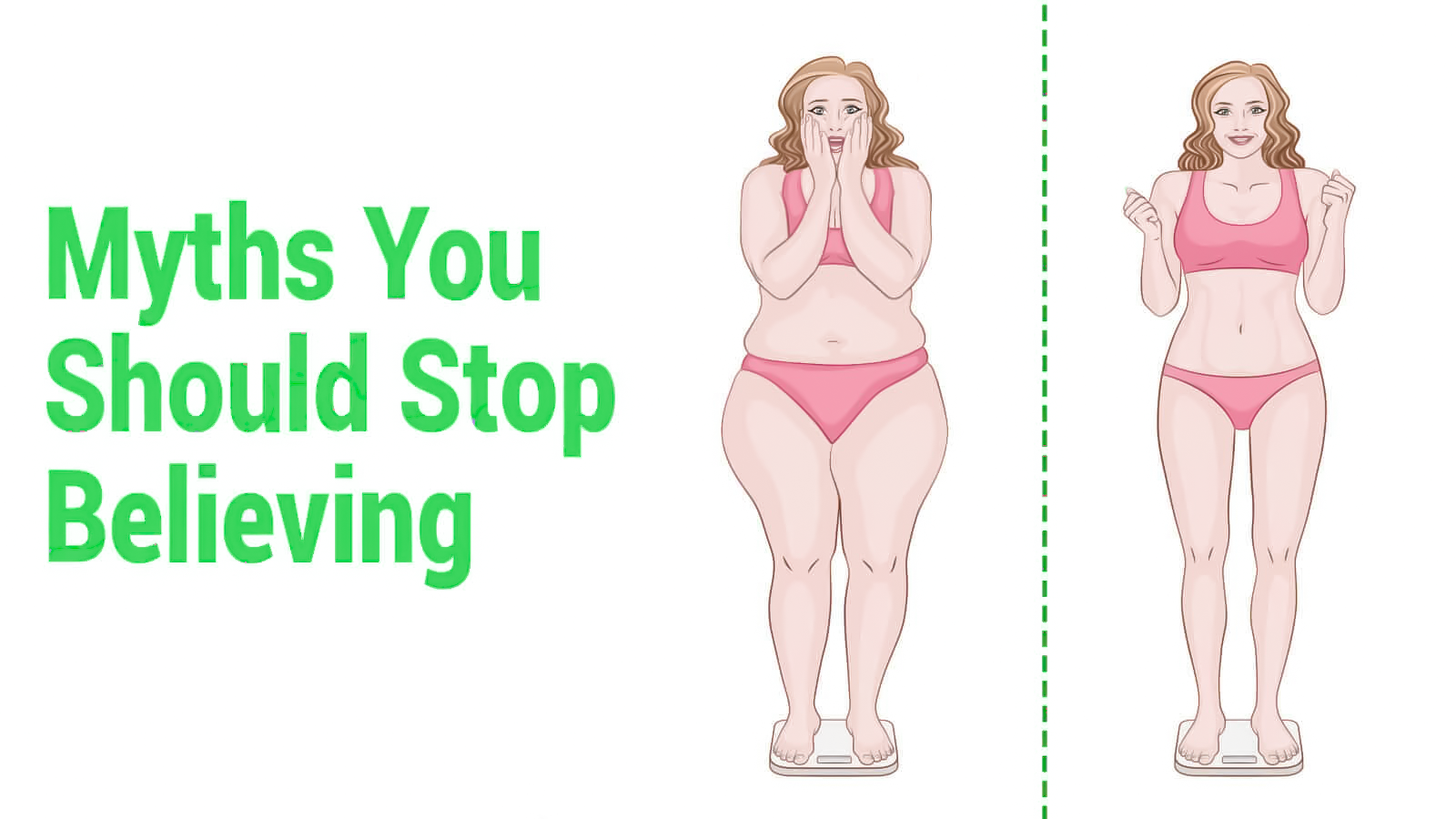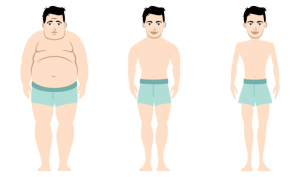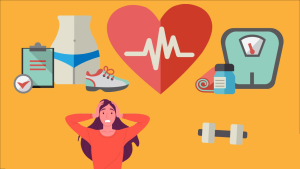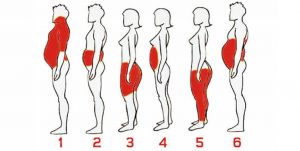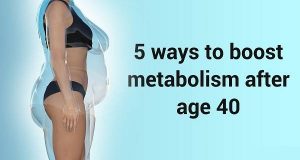Are you struggling to lose weight and maintain a healthy diet? You may have a toxic fatty acid that blocks weight loss.
Here's how a simple “Ice Hack” speed up my fat loss and helped me restore my health, watch now.
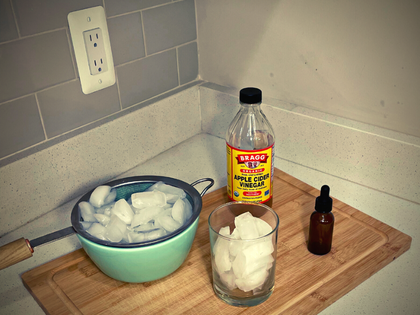
Weight loss is a topic that has been debated for years, and there are numerous myths and misconceptions that people often believe. In this article, we’ll be debunking the top 10 myths about weight loss, using science-based evidence and research.
Here are The Top 10 Myths About Weight Loss:
So here you have it – the top 10 weight loss myths, debunked! By understanding the truth behind these common misconceptions, you can set yourself up for success on your weight loss journey.
Myth 1: Crash Diets are Effective for Long-Term Weight Loss
Many people believe that crash diets are an effective way to lose weight. However, this is far from the truth. Crash diets may help you lose weight quickly, but they’re not sustainable in the long run. The weight lost during a crash diet is often water weight or muscle mass, which can be detrimental to your overall health.
Myth 2: You Should Cut Out Carbs Completely to Lose Weight
Carbs are often blamed for weight gain, but cutting them out completely is not the solution. Carbohydrates are an important source of energy for the body, and cutting them out completely can lead to deficiencies in essential nutrients. Instead, focus on eating complex carbs, such as whole grains, fruits, and vegetables.
Myth 3: Fat is Bad for You
The idea that all fats are bad for you is a common misconception. In fact, there are healthy fats that are essential for our body’s proper function. Unsaturated fats, found in foods such as nuts, seeds, and fatty fish, can actually help lower the risk of heart disease and other health problems.
Myth 4: You Can Target Fat Loss in Certain Areas
It’s a common belief that you can target fat loss in certain areas of your body. However, this is not possible. When you lose weight, you lose it from all over your body, not just one specific area. Doing exercises that target specific areas can help tone the muscles in those areas, but it won’t necessarily result in fat loss.
Myth 5: Skipping Meals Will Help You Lose Weight
Skipping meals may seem like a good idea, but it can actually be detrimental to your weight loss goals. When you skip meals, you’re more likely to overeat later on in the day, which can lead to weight gain. Additionally, skipping meals can lead to a slower metabolism, making it harder to lose weight.
Myth 6: All Calories are Equal
Not all calories are created equal. The quality of the food you eat is just as important as the number of calories you consume. For example, 100 calories of broccoli will have a much different effect on your body than 100 calories of candy.
Myth 7: You Can’t Lose Weight if You Have a Slow Metabolism
While a slow metabolism can make it harder to lose weight, it’s not impossible. The key to losing weight with a slow metabolism is to focus on making healthy lifestyle changes, such as eating a balanced diet and exercising regularly.
Myth 8: You Should Avoid Strength Training if You Want to Lose Weight
Strength training is often associated with bodybuilding and bulking up, but it can actually be a very effective way to lose weight. Strength training can help build muscle mass, which can increase your metabolism and help you burn more calories throughout the day.
Myth #9: You can eat as much healthy food as you want and still lose weight
Reality: While healthy foods are certainly important for weight loss, portion control is still key. Even healthy foods can be high in calories, so it’s important to pay attention to your portions.
Myth #10: You can lose weight quickly and keep it off
Reality: Quick fixes may provide short-term weight loss, but they’re not sustainable in the long run. To truly lose weight and keep it off, you need to make lasting lifestyle changes, including healthy eating habits and regular exercise.

